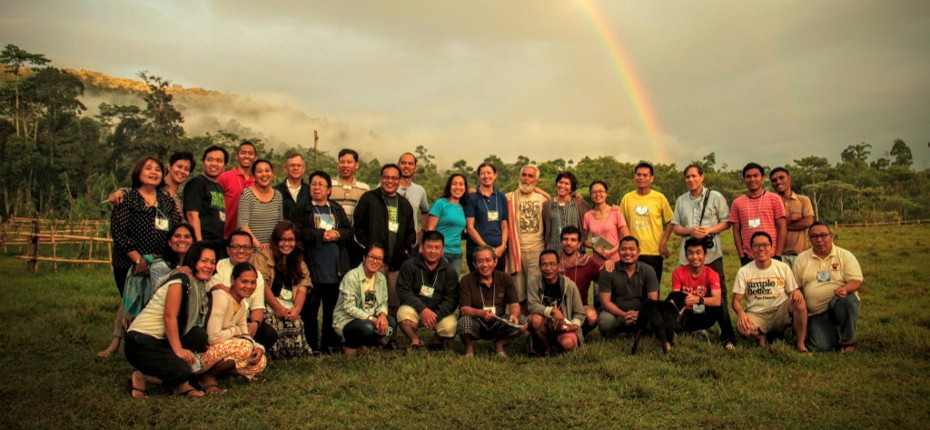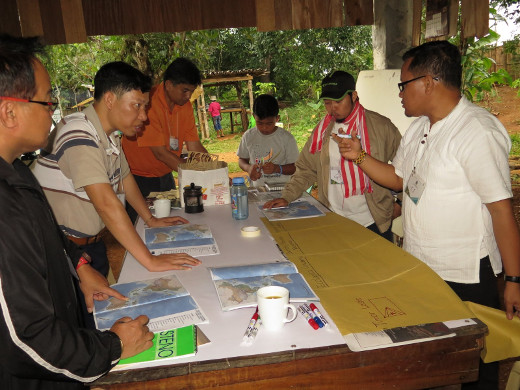
For the past several decades, several Jesuit social centres have explicitly articulated environmental concern and at the same time a concern for the people, land and resources. However, programmes seldom elaborate and explain the faith in terms of integral ecology.
In the region’s schools and universities, many programmes challenge students academically and socially in their assessment of human interaction with the environment. Normatively, these programmes emphasise the need for more sustainable management of resources and the issue of transparency regarding donations and grants is increasingly being raised. Similarly, greater scrutiny is directed towards institutional investments, particularly in the mining industry and other energy sectors.
Such close inspection of the institutional fabric of the Society of Jesus is generating an impetus to subject the full range of Jesuit operations, such as retreat houses and university campuses, to comprehensive environmental auditing. The region’s Jesuit institutions, schools and communities have initiated environment-oriented activities with the purpose of further cultivating and incorporating core commitment towards care for creation as a kind of reconciliation into their collective mission.

In 2010, JCAP, under the leadership of Fr Mark Raper SJ, began to promote Reconciliation with Creation, partly because of the region’s history of environmental disasters. Shortly thereafter Healing a Broken World was published as an apostolic response to environmental degradation that envisioned the integral reconciliation sought with God, with neighbour and with creation, and as a resource that constitutes the guiding document with institutional recommendations.
Also published was Our Environmental Way of Proceeding (OEWP), a document that provides practical steps and reflections on how those interested in environmental justice might proceed in participating in shared social and environmental endeavours. As a result, this ecological strategy is a matter of concern for the whole Jesuit Conference and seeks expression through the following modes: our institutions and lifestyles; formation of young people, lay and religious; and governance of natural and mineral resources.
Further, the major superiors and provincials of JCAP in a statement on Laudato si’ encouraged Jesuits in Asia Pacific to become involved in especially identifying water concerns, planting vegetation and recycling as practical priorities. Such concerns and agendas may be coordinated most effectively through management practices developed in each Jesuit community or institute.
In these documents, three specific invitations or “calls” to engage are elaborated, namely the call to respond to a world at risk, the call to dialogue with sustainable science and values, and the call to inner life and particularly a simple lifestyle. Several strategic responses are also provided to encourage Jesuits and those working with them to deepen their ecological engagement and to collaborate more broadly with others. This, however, is not meant to be conveyed or framed in the sense that the Jesuits know what to do – far from it – but in a humble gesture to exhort Jesuits to reflect in terms of ecology and how they can participate and contribute beyond the parameters of the Society and its institutions.
Laudato si’ subsequently should be acknowledged for having intensified the need for all to care for creation, and significantly deepened the commitment of many to act.
This article is an extract of a paper by Fr Pedro Walpole SJ, JCAP Coordinator for Reconciliation with Creation. The full paper was published in a special issue of the Journal of Jesuit Studies.
Main image: The first JCAP Reconciling with Creation workshop was held in Bendum, Philippines in June 2016.






